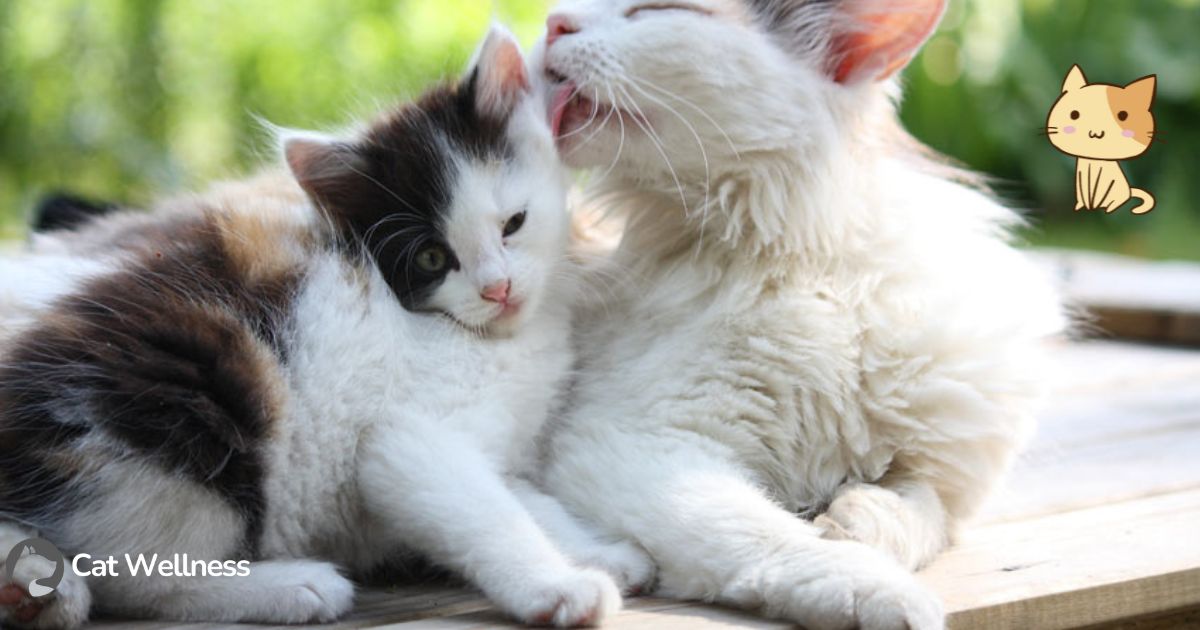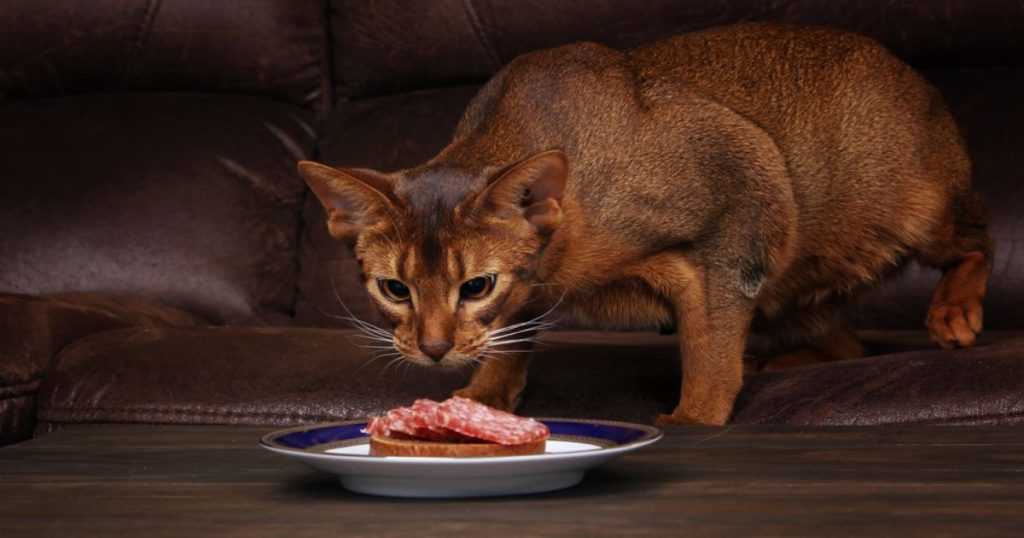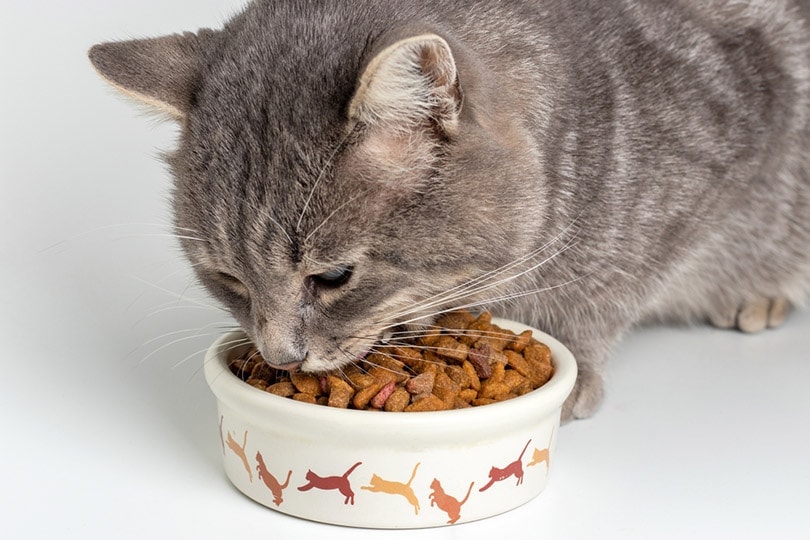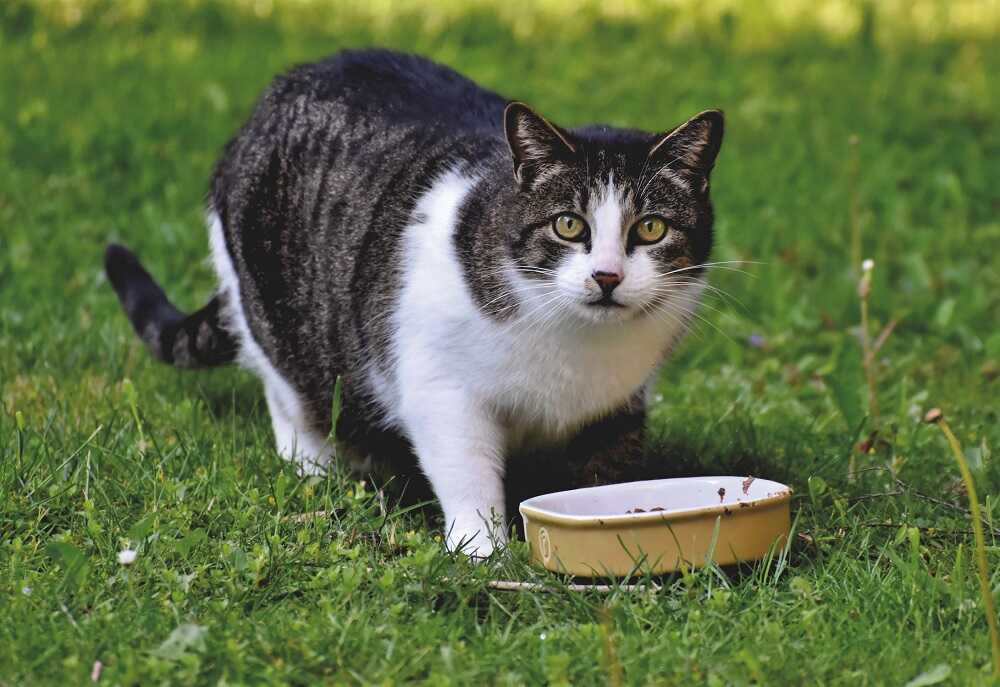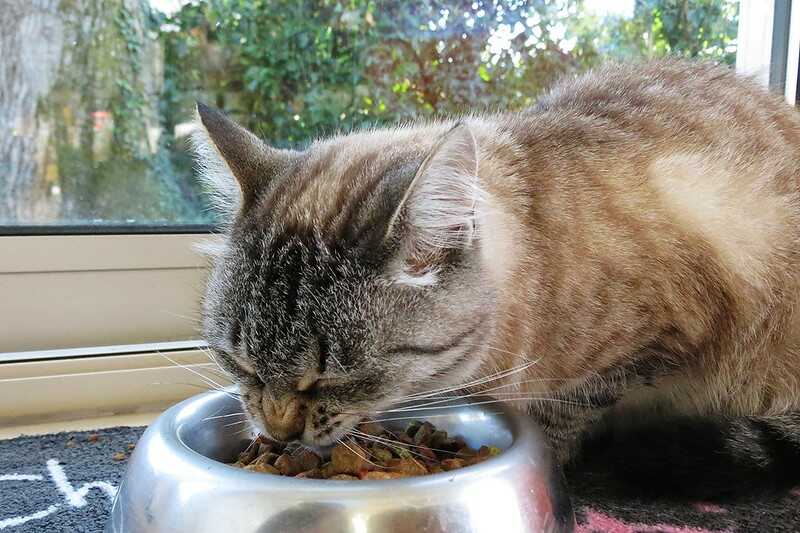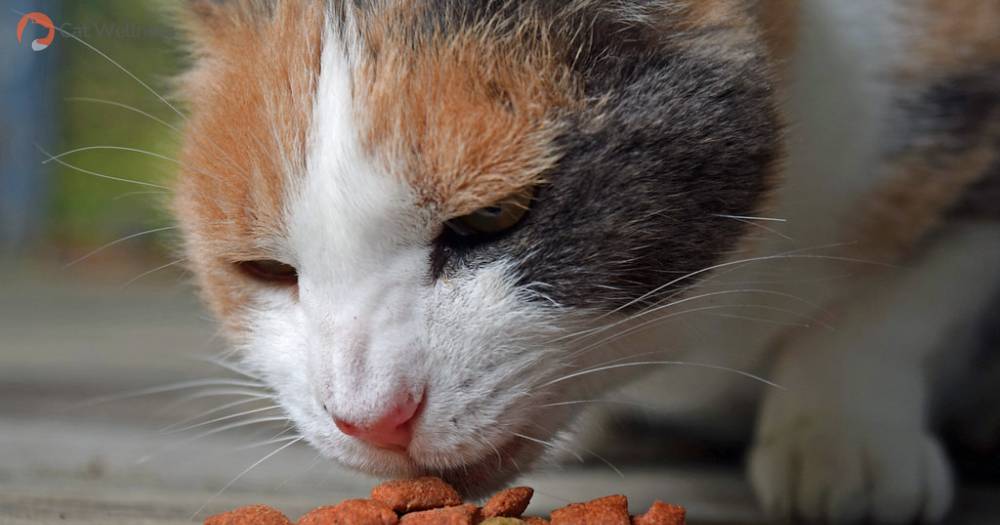Can Neutered Cats Still Mate? It’s a common question for pet owners.
The answer is No. Neutered cats cannot mate because the surgical procedure removes their reproductive organs, rendering them unable to reproduce.
This article delves into expert perspectives to help you understand if and why these behaviors occur, providing straightforward solutions for any concerning antics.
What is Neutering?
From around 4 months, kittens reach sexual maturity and can breed and produce kittens.
Most people do not have the time or desire to breed from their cat and do not wish to add to the number of unwanted cats and kittens already looking for homes.
Neutering a cat – castration in the male (removal of the testes), and spaying the female (removal of the ovaries and uterus) – prevents not only unwanted pregnancies occurring but also curbs unwanted behavioral patterns associated with sexual maturity and reduces the risk of certain diseases.
Why Can’t Neutered Cats Mate?
Neutered cats cannot mate because they have lost the ability to produce sperm cells. The testicles make sperm cells.
By neutering, the testicles are removed, so a neutered cat cannot make kittens, but it still can have intercourse.
Even after being neutered, male cats may still attempt to mate with female cats in heat because of the presence of residual hormones or the scent of the female.
However, as sex hormone levels decrease, the cat’s sexual urge should gradually diminish in the weeks after surgery.
Misinterpreted Sexual Behaviors in Neutered Cats
Mounting behavior in neutered cats is often misunderstood as a display of sexual desire. Still, experts explain that it’s usually a result of social interaction, stress, or learned behaviors from previous mating experiences.
Mounting Behavior Can Still Occur But is not Sexual
Did you know that cats use mounting behavior to establish their social ranking? It’s interesting to note that cats reach social maturity between the ages of 2 to 4 years.
Before that, they may get along famously, and then suddenly the cats’ social ranking starts to matter.
If you notice your male cat constantly stalking, mounting, or chasing your other cat away from vital resources, it clearly indicates territorial problems or aggressive behavior.
Social Interaction and Stress Can Contribute to Mounting
Cats are highly sensitive creatures, and external factors can influence their behaviors.
When faced with stressful situations or seeking attention, cats may resort to mounting to establish dominance or release pent-up energy. Social interactions within multi-cat households or interactions with humans can trigger mounting behaviors.
Learned Behaviors From Previous Mating Experiences
Neutered cats may still exhibit behaviors that resemble mating, and one reason for this is learned behavior from previous experiences. Some male cats may attempt to mount females even after being neutered due to ingrained habits from their pre-neutering days.
This could result from past successful mating attempts or the presence of intact females in the household. While these behaviors are not driven by sexual desire or reproductive intent, they can still be disconcerting for cat owners.
What to Do If Your Neutered Cat Displays Sexual Behavior
If your neutered cat displays sexual behavior, you should consult a veterinarian or cat behavior expert to address any underlying issues and provide the appropriate guidance.
Following the exam, your veterinarian may suggest conducting lab tests to assess hormone levels and other metabolic functions, mainly if your cat is female. The next course of action will be determined based on the results of these tests.
Providing outlets for play and stimulation can help redirect their energy while considering spaying or neutering any remaining intact cats in the household can reduce potential triggers.
Ensuring your cat’s safe and stress-free environment is crucial for their well-being.
Conclusion
In conclusion, experts agree that neutered cats cannot mate. The removal of their reproductive organs and the reduction in hormonal changes significantly decrease sexual behaviors.
Providing appropriate outlets for play and stimulation, spaying or neutering remaining intact cats in the household, and ensuring a safe environment will help maintain a happy and healthy neutered cat.
Recommended Reading

